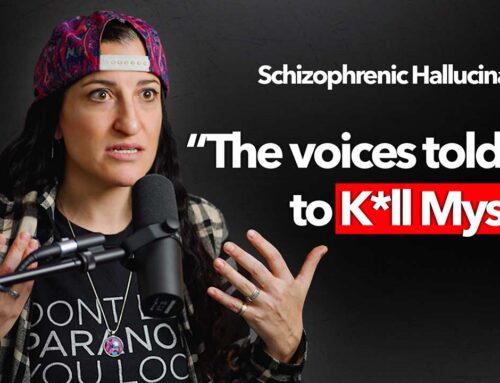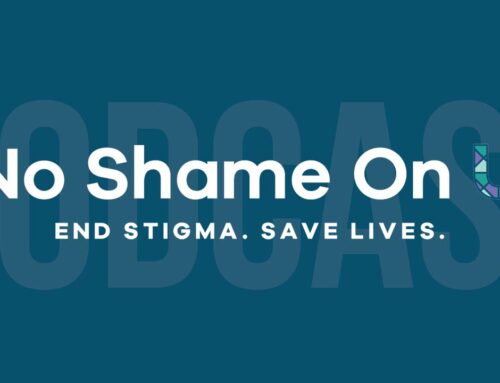Dealing with Abuse and Schizophrenia – How A Social Worker Can Help
Mental illness and physical abuse are challenges that can’t be handled solely on the home front. Professional intervention is required to produce a safe, lasting solution. Unfortunately, the very natures of abuse and mental illness make it hard to seek the help that is required. They are such encompassing problems that any solution at all seems distant, or even impossible.
Social workers specialize in helping victims and their families get out of difficult situations. For many, they provide relief from domestic abuse and can serve as a valuable resource for those suffering from mental illness.
In this article, we talk about what services social workers provide, and examine the resources that are available to people who feel trapped by mental illness or domestic abuse.
What Social Workers Do
Social workers are problem solvers. Typically brought in to help address specific situations or circumstances, social workers can sit down with families, groups, or individuals to help develop a workable solution.
So, like a therapist?
Emphasis on the word “like.” Therapists do have different qualifications. Their skills are more suited to help people deal with disorders or mental illnesses. Social workers, on the other hand, are usually dealing with a circumstance. For example, social workers come in when a child is taken into “child protective services.”
In this situation, the entire family will often sit down with the social worker in a setting that is quite like therapy. The situation, of course, is family separation. The goal, except perhaps in the most extreme cases, is usually restoration.
A therapist could be involved in the situation. For example, if the abuser or the abused, or really anyone else involved in the situation suffers from a mental illness—
Like schizophrenia.
Well, that’s the mental illness we put in the title. But yes, it could be anything. In those situations, the therapist will come in and try to help the individual with the disorder.
Dealing with Abuse
Social workers are one of the many resources that are in place for people who are suffering from abuse. If you or someone you know is suffering from abuse, please reach out for help.
The National Domestic Violence Hotline, 800-799-SAFE (7233); the National Sexual Assault Hotline, 800-656-HOPE (4673); and the National Teen Dating Abuse Helpline, 866-331-9474.
A social worker may provide counseling services for victims, while also directing them toward resources that could benefit their situation. Resource access may vary from state to state, so be sure to do localized research if you are in need of abuse-related social worker services.
The Relationship Between Abuse and Mental Illness
It’s difficult to fully parse out the relationship between abuse and mental illness because every case is so unique. It is true that mental illnesses like schizophrenia can cause patterns of abusive behavior. It’s also true that suffering abuse can activate symptoms of mental illness in the sufferer.
“Activate,” is the important word in that sentence. Schizophrenia is a disorder that takes place within the sufferer’s brain chemistry. It can lay dormant for decades only to eventually be triggered by a stressor. That’s why many people experience the adverse effects of their mental illness for the first time in college. It’s a stressful situation in which they don’t have access to their typical support systems.
To deal with abuse caused by or relating to mental illness, a social worker may need to work together with a licensed therapist for a long-term solution. However, they may still be qualified to, and indeed, well suited for, offering a short-term solution.
Social workers are good at helping people develop coping strategies. They are trained to know how to de-escalate even very tense situations. That is why many advocates for social justice reform have suggested having a special emergency dispatch unit made up of social workers instead of just police officers.
Police officers, though well-intentioned, don’t get very much de-escalation training, which means that the approach they choose to take may not be appropriate for neutralizing a mental illness-related outburst.
Social workers, on the other hand, are better able to calm the sufferer down. Because they know how to de-escalate, the risk of physical confrontation diminishes significantly, reducing the chances of experiencing physical harm for both the incident responder and the person suffering from mental illness.





